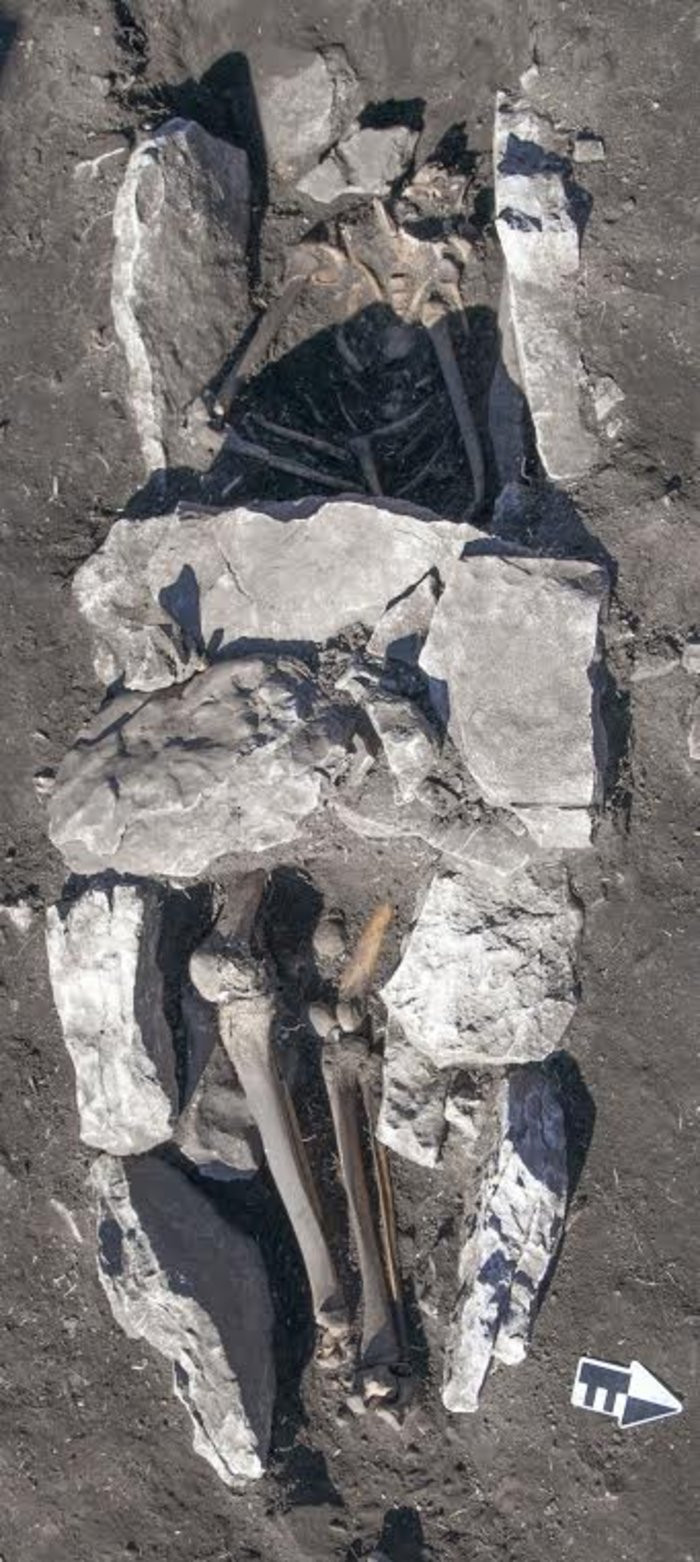Did the ancient Greeks perform gruesome human sacrifices? 3,000-year-old skeleton discovery reopens debate
3,000-year-old remains change what we know of Greek civilisation and its sacrificial practices.

The 3,000-year-old skeleton of a teenager has been unearthed on top of Mount Lykaion in Greece – a place once celebrated as the possible birthplace of the king of Gods, Zeus. During Greek antiquity, animal sacrifices were common at the site to honour the divinity.

The discovery of human remains has generated a lot of excitement amongst archaeologists and specialists of the ancient world, as it could be the first evidence that ancient Greeks – like the Egyptians and the Romans – engaged in human sacrifice for religious purposes.
So far, mentions about human sacrifices in ancient Greece have only be found in some writings, including those of Plato, but experts believed it was fiction as physical evidence that had been discovered before was deemed inconclusive.
"Several ancient literary sources mention rumours that human sacrifice took place at the altar, but up until a few weeks ago there has been no trace whatsoever of human bones discovered at the site," explained David Gilman Romano, a professor of archaeology at the University of Arizona who participated in the excavations of Mount Lykaion.
The remains were found lying at the heart of a of the 30-metre broad ash altar built up over a millennium from sacrificed animals. Next to the remains was a man-made stone platform. The skeleton was that of a teenager or young adult, but more analysis is needed to establish its origins, sex, general health and causes of death.
The archaeologists also identified an unusual detail; the upper part of the skull was missing, while the body was laid out among two lines of stones on an east-west axis, with stone slabs covering the pelvis. However, they were not able to explain the meaning of this strange disposal of the body.
Whether the teenager was killed as part of a sacrifice or died of natural causes, what is certain is that the site is not known to be a cemetery.
There is therefore clearly a mystery around why the body ended up on Mount Lykaion and whether it is possible that the Greeks sacrificed humans, despite decades of experts advancing the contrary.
© Copyright IBTimes 2025. All rights reserved.






















